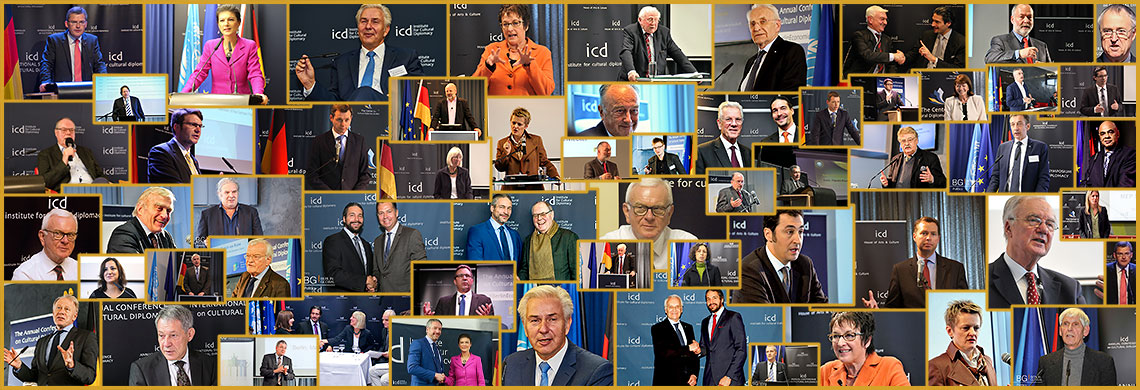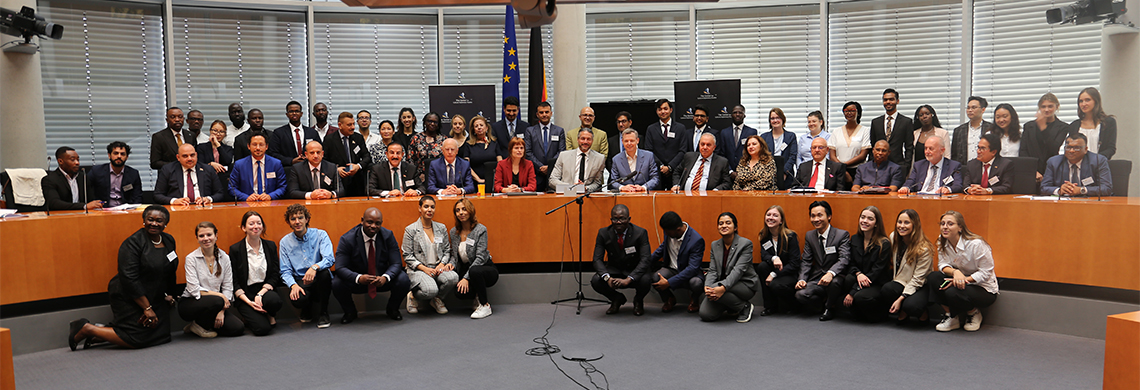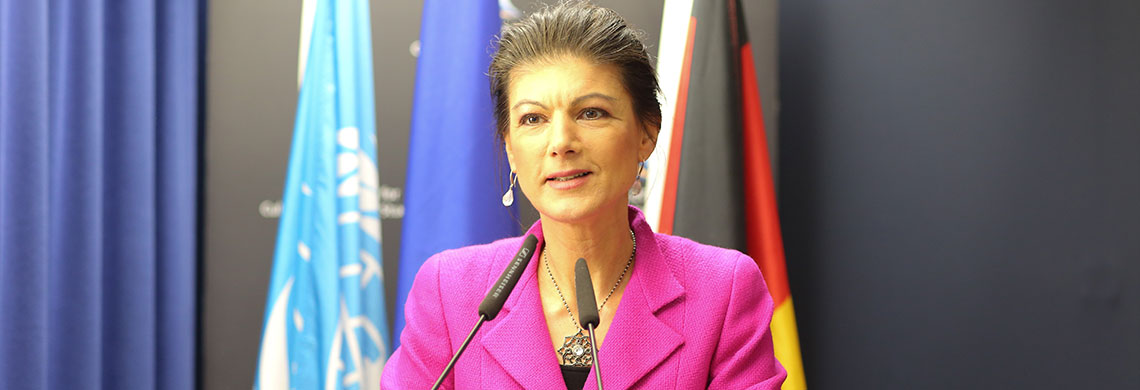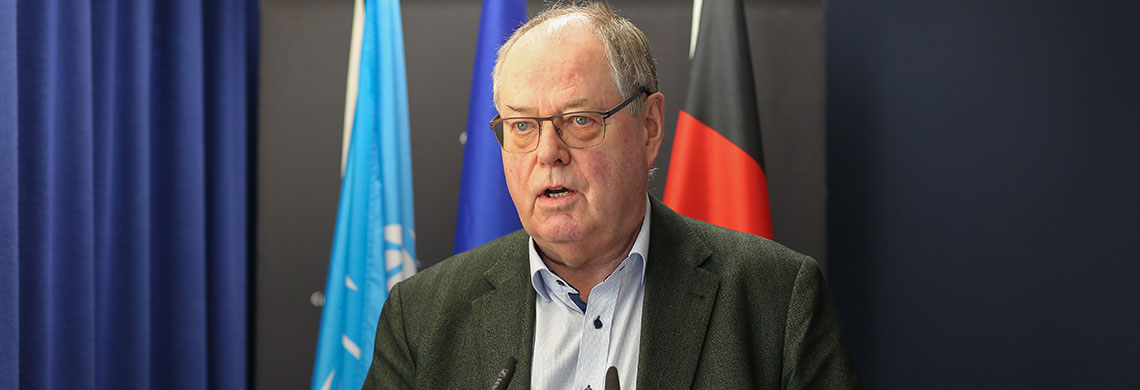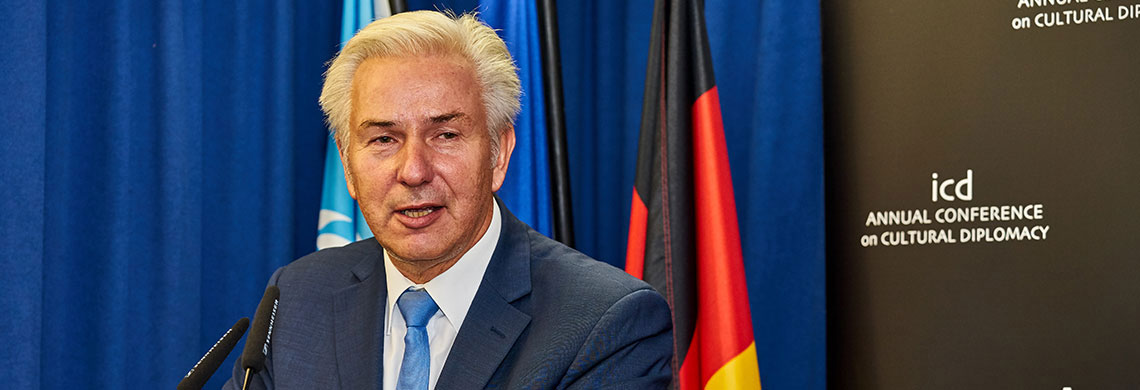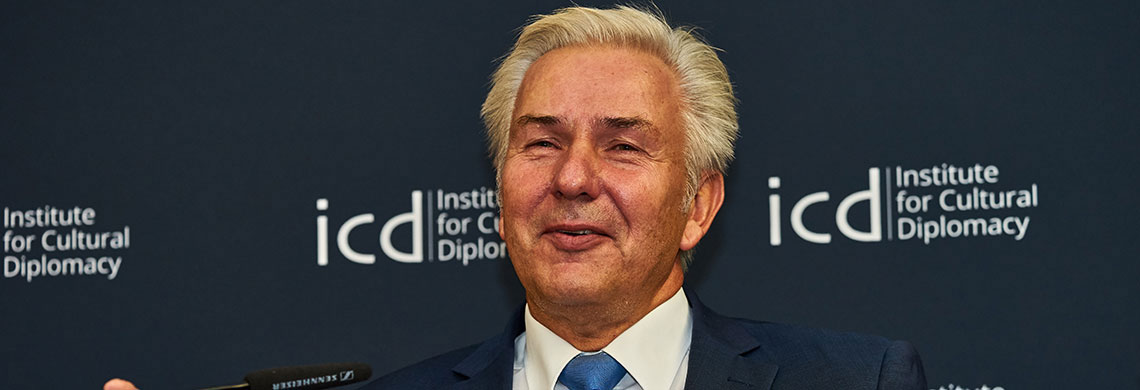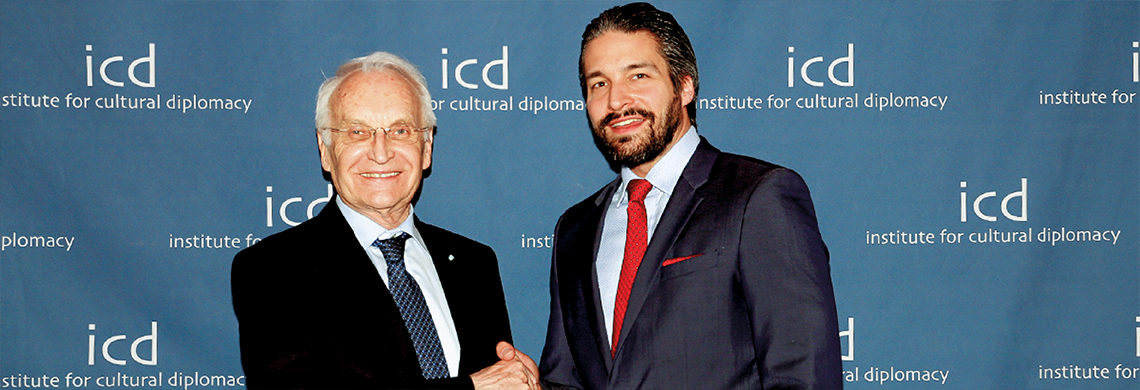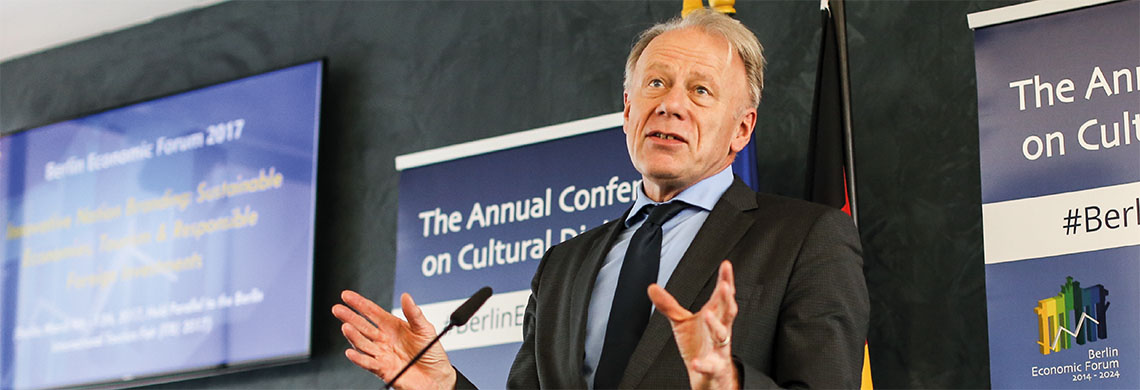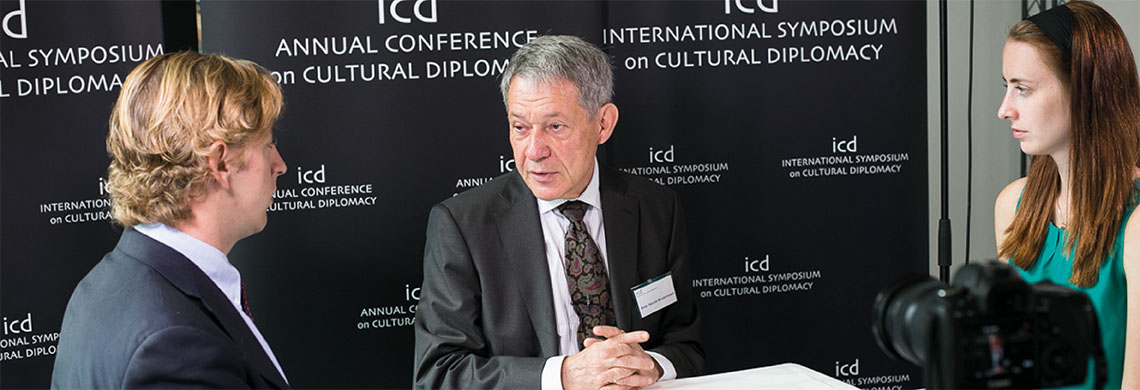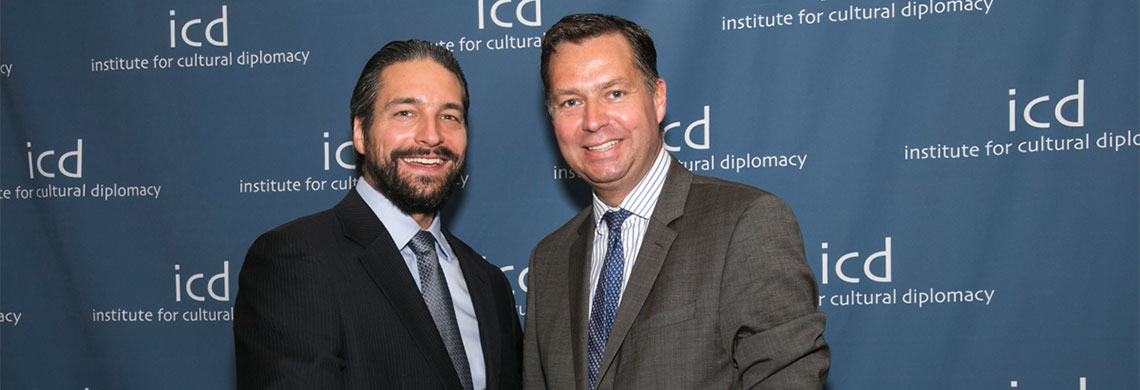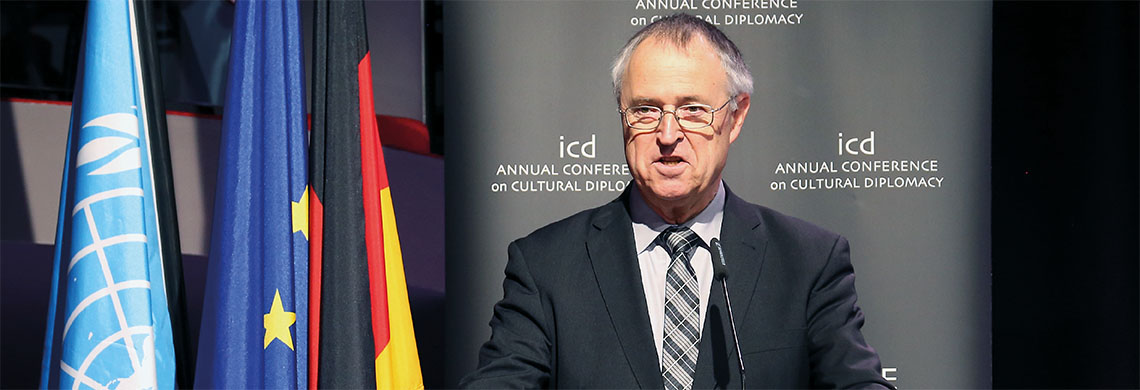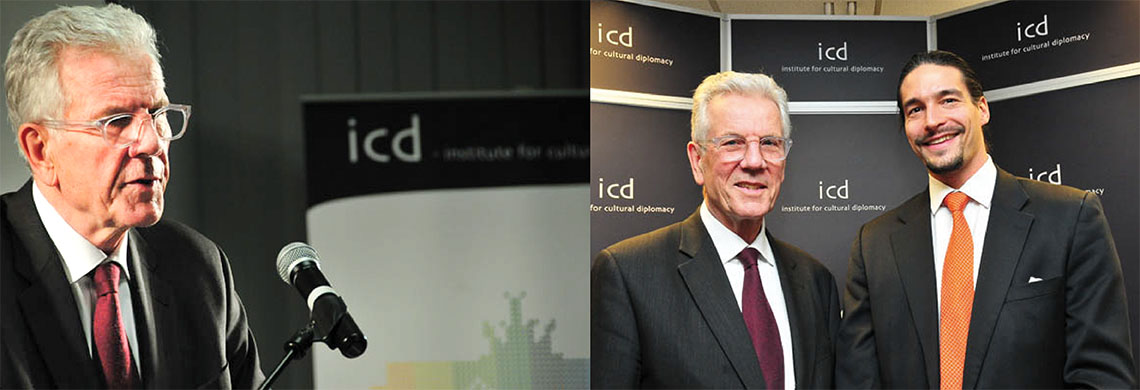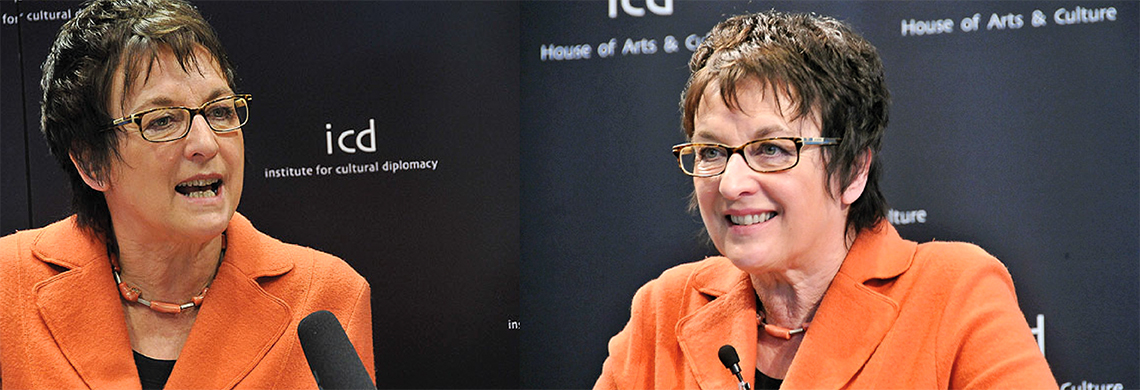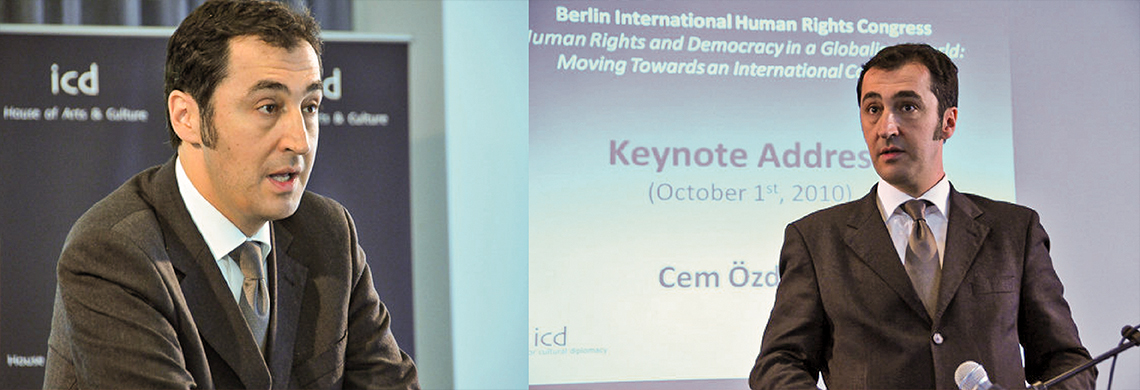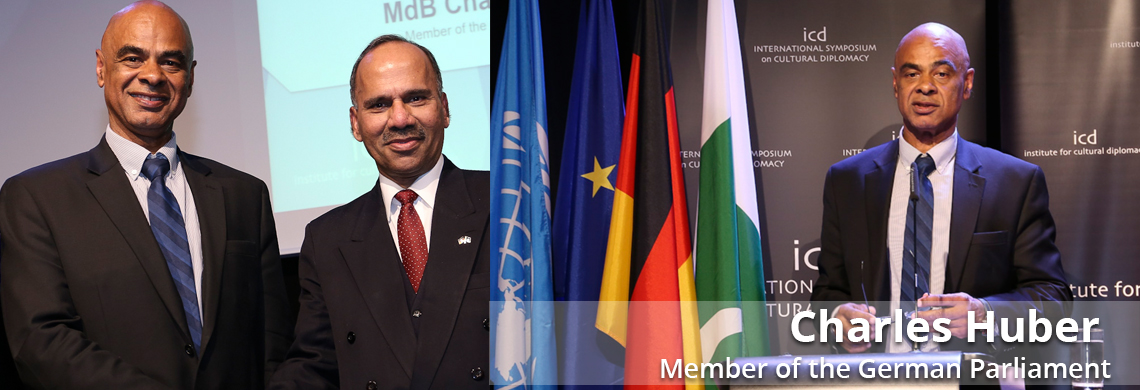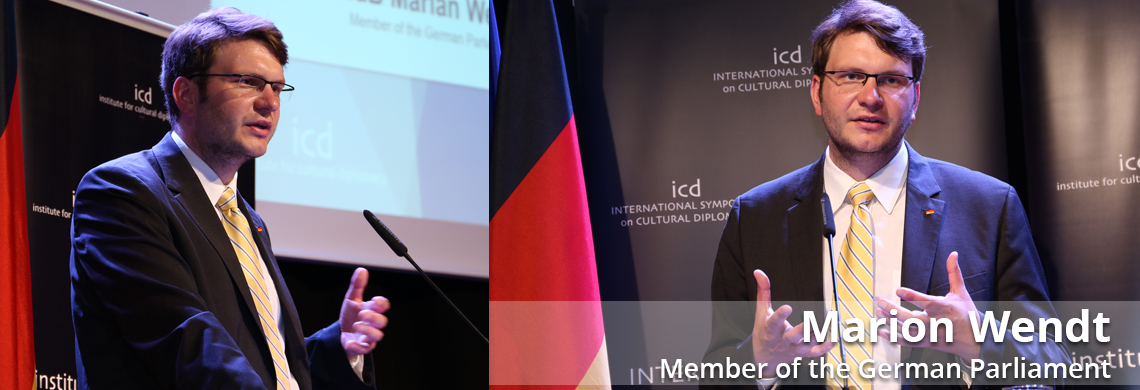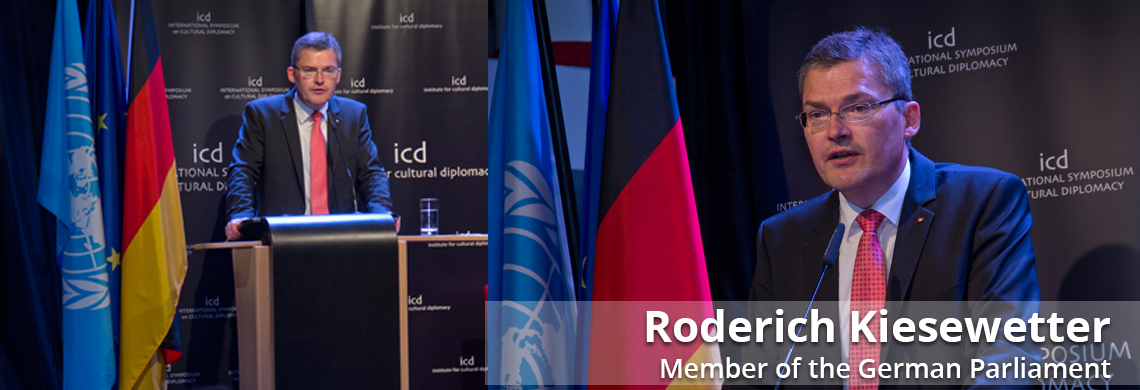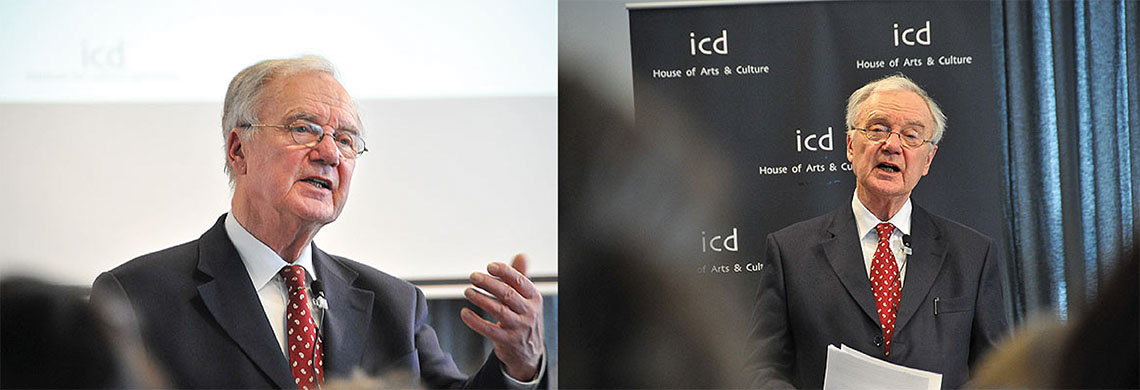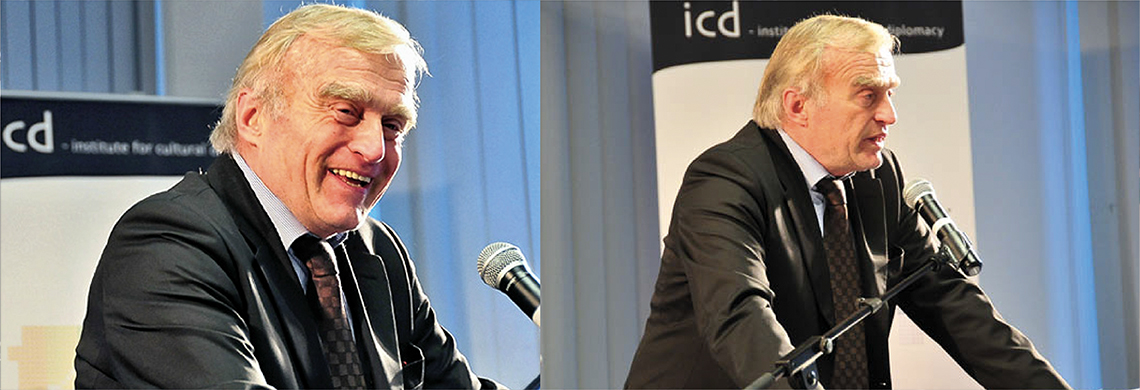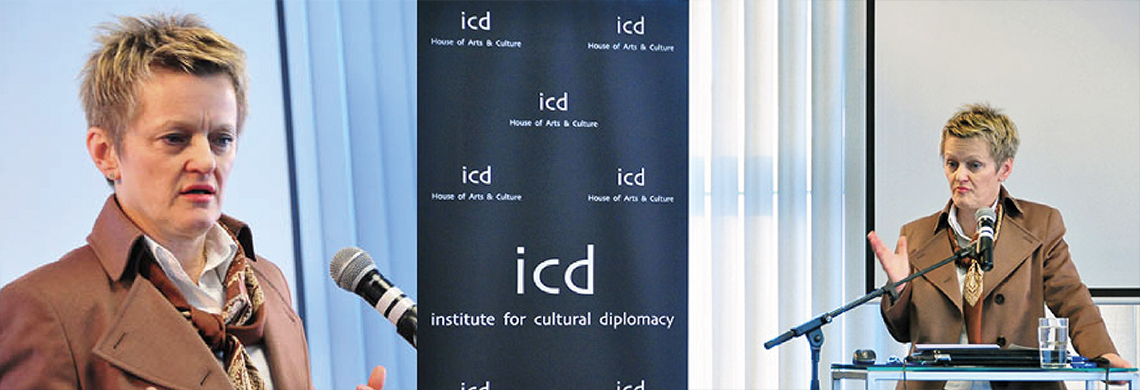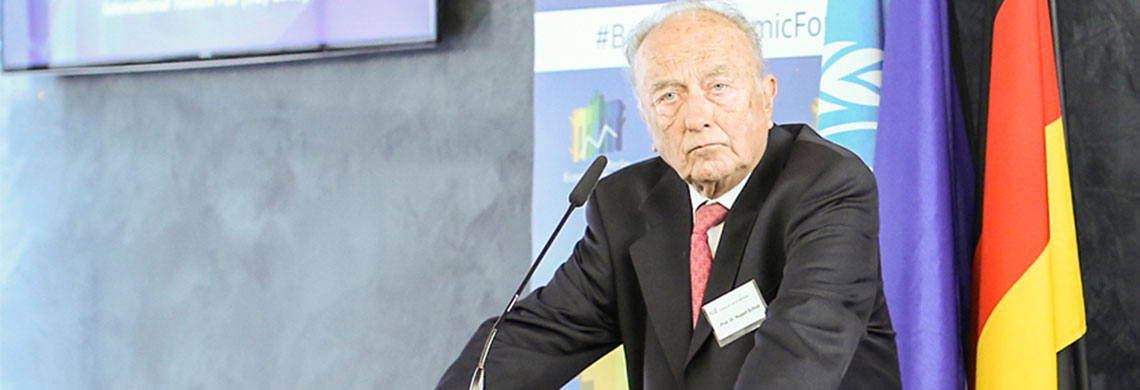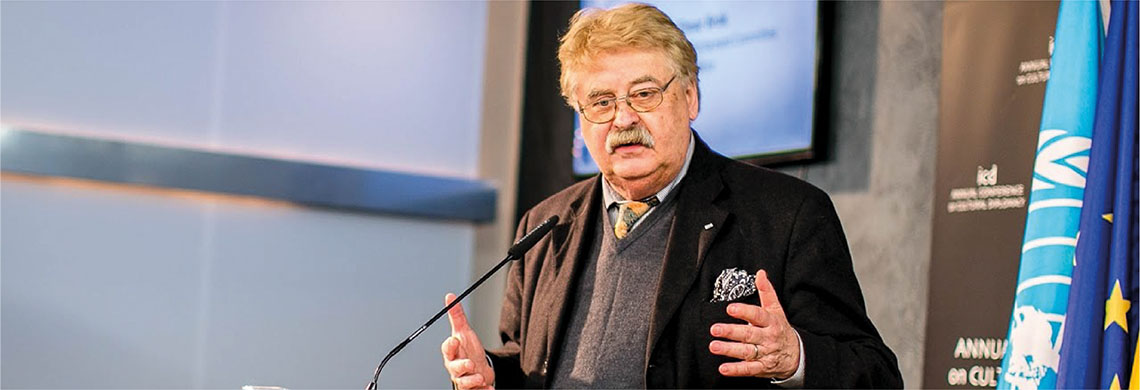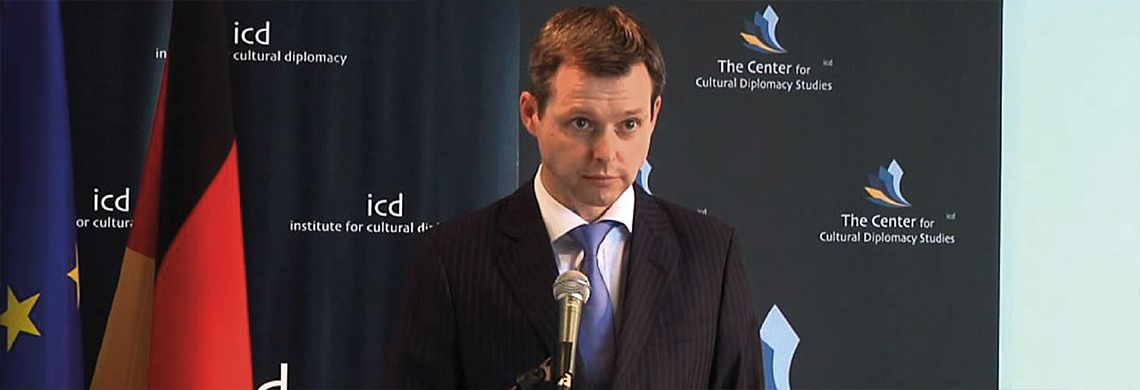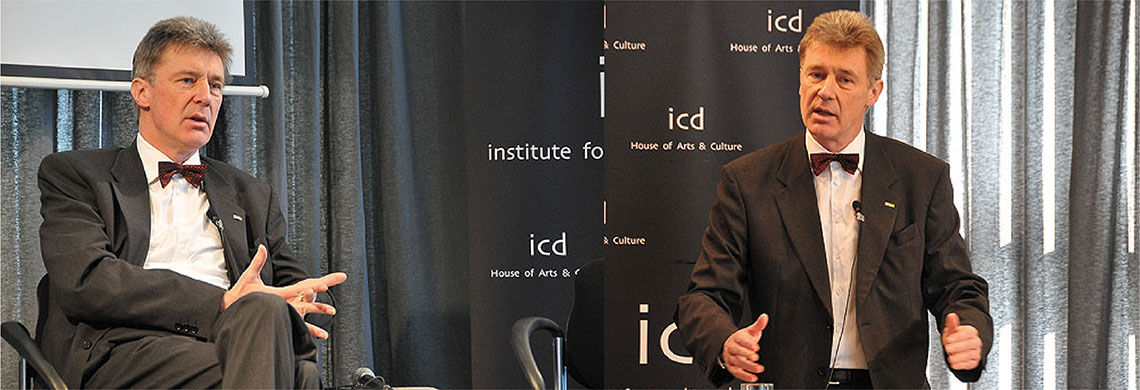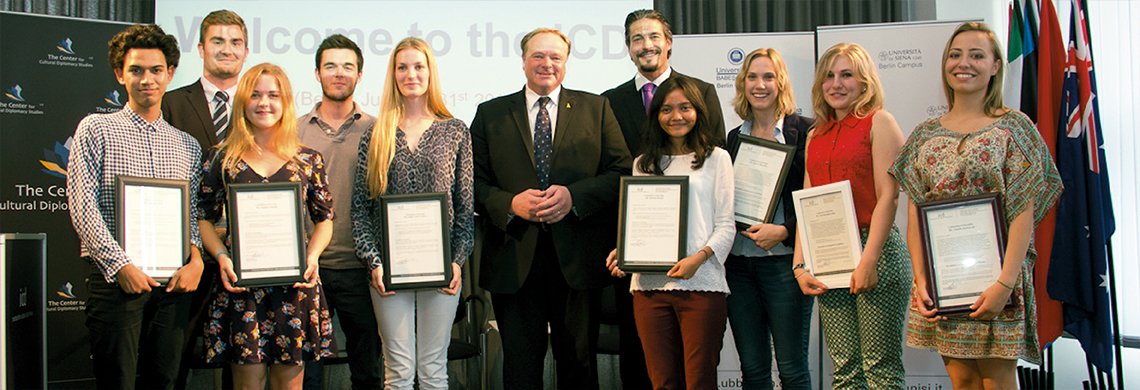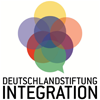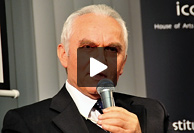The 2012 Cultural Bridges Conference in Germany
"Multiculturalism, the 2012 Global Debate: Strengthening Intercultural Relations"

"Multiculturalism, the 2012 Global Debate"
Introduction
 The process of globalization is consistently increasing the speed of the development of multicultural societies, and multiculturalism itself is becoming the way of the contemporary world. As a prominent example, contemporary Germany consists of a diverse multicultural landscape of individuals whose origins stem from every continent of the world. Many countries such as France, Belgium, Netherlands, Spain, Italy, the UK, USA, Australia, Canada and other countries are constantly engaging with active multiculturalism policies which are continually being amended and reinvented.
The process of globalization is consistently increasing the speed of the development of multicultural societies, and multiculturalism itself is becoming the way of the contemporary world. As a prominent example, contemporary Germany consists of a diverse multicultural landscape of individuals whose origins stem from every continent of the world. Many countries such as France, Belgium, Netherlands, Spain, Italy, the UK, USA, Australia, Canada and other countries are constantly engaging with active multiculturalism policies which are continually being amended and reinvented.The 2012 Cultural Bridges in Germany Conference will offer a wide diversity of perspectives on the issue of intercultural relations internationally with a particular focus on Germany. The Conference will create and provide a proposal document that will be presented to the international community on how to overcome multicultural challenges. In addition the proposal document will offer best practices to achieve a successful and harmonic multicultural society. The Conference will also examine, in depth, different examples and best practices of Cultural Diplomacy that might be applied in a different context.

23rd Anniversary to the Fall of the Berlin
The Conference will be held parallel to the "23rd Anniversary to the fall of the Berlin Wall" and the participants will be able to take part in the official ceremony and events, which will be a unique opportunity to learn more about the history and contemporary context of German unity.Conference Speakers »
Speakers during the Conference will include leading figures and experts from international politics, economics, academia, diplomacy, civil society and the private sector. The speakers will also include a number of individuals from the ICD Advisory Board (for further information about the Advisory Board please click here).Speakers for the Conference include »
Conference Participants »
Participation in the conference is open to governmental & diplomatic officials, academics & scholars, economists, journalists, artists, civil society practitioners, private sector representatives, young professionals and students as well as other interested individuals from across the world.
Participant Papers »
The Institute for Cultural Diplomacy encourages academic research and analysis of issues related to the goals of our Conference. The ICD would therefore like to welcome the participants of our conference to submit a paper they would like to be considered for presentation at the Conference as well as being included in the proposal document that will be issued following the Conference and will be sent to all governments and leaders of the international community.Certificate of Attendance
All participants will be awarded a Certificate of Attendance upon completion of the program, which provides details about the speakers and topics of the conference. Each certificate will be signed by members of the ICD's Advisory Board.If you would like to reserve a position and participate in the conference, please click on the "Apply Now" link below and fill out the online application form:
"Multiculturalism, the 2012 Global Debate"
Conference Agenda »
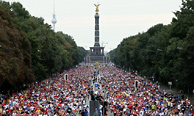 Multiculturalism brings new opportunities and challenges in developing and maintaining international and intercultural relations and the question of the best practice to endorse becomes a growing issue for the international community. Both governments and private sector firms have witnessed the direct impact, either positive or negative, that multiculturalism can have on their success and development. Many private sector firms have adapted policies of corporate diversity and multiculturalism practices both within their firms and in dealing with external partners. Even though many governments and private sector firms are already engaged with multiculturalism practices, there are still examples of ineffective policies.
Multiculturalism brings new opportunities and challenges in developing and maintaining international and intercultural relations and the question of the best practice to endorse becomes a growing issue for the international community. Both governments and private sector firms have witnessed the direct impact, either positive or negative, that multiculturalism can have on their success and development. Many private sector firms have adapted policies of corporate diversity and multiculturalism practices both within their firms and in dealing with external partners. Even though many governments and private sector firms are already engaged with multiculturalism practices, there are still examples of ineffective policies.On the international level, it is crucially important for countries to show openness and hospitality towards all diverse cultures that are thriving within their society, otherwise it will influence the international relations between countries as well as possibly creating a negative image for the host country internationally. For example, if Germany does not have good practices regarding the large Turkish diaspora living in Germany, this will have an impact on relations between Germany and Turkey and possibly beyond in the international arena in which Germany is very much engaged as a major exporting country. The multiculturalism practices are, therefore, enormously important in determining the way that a host country is perceived and presented internationally.
The growing field of Cultural Diplomacy can serve as a bridge between individuals of different cultures; it has the potential to further educate, promote and strengthen multicultural relations and offers new practices of multicultural dialogue and exchange. These Cultural Diplomacy practices can take the forms of educational programs, cultural exchange programs, as well as engagement programs which therefore bring various cultural groups together in the context of art, music, or sports programs.
More »

